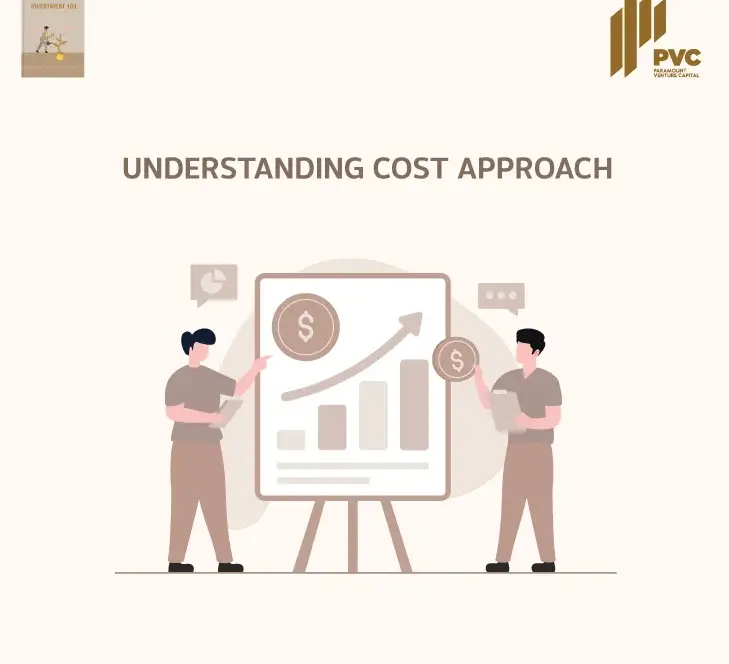What if there was a way to sell your startup, but still have a stake in its future success? This is where an earnout comes into play.
An earnout is a contractual provision stating that the seller of a business will receive additional payment based on the business achieving certain financial goals. In the context of startups, these financial goals could be tied to revenue growth, customer acquisition, or other key performance indicators.
For VCs, an earnout agreement can mitigate investment risk. It ensures that part of their investment is contingent on the startup’s future performance. This not only protects the VC’s capital but also motivates the startup to meet its targets.
For startup founders, an earnout agreement can maximize their financial reward. If the startup performs well, founders receive additional compensation on top of the initial sale price. This can be particularly beneficial in early-stage startups, where valuation is often uncertain.
However, earnout agreements require careful structuring. Both parties need to agree on the performance metrics, the timeline, and the terms of payment. Transparency and regular communication are key to avoid disputes down the line.
In conclusion, when properly aligned, earnouts can be a win-win for both VCs and startups. They balance risk and reward, motivate performance, and can lead to greater financial outcomes for all parties involved.



